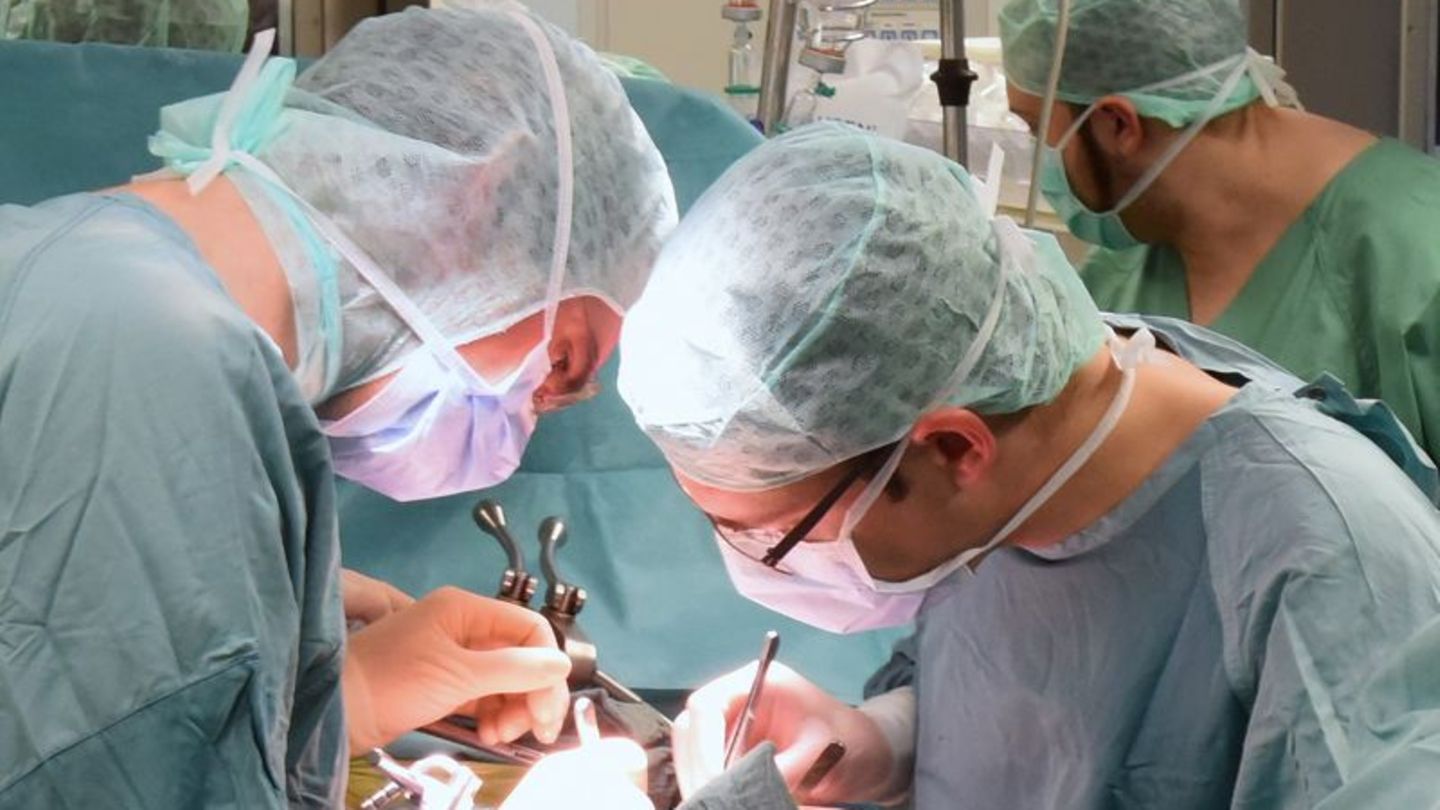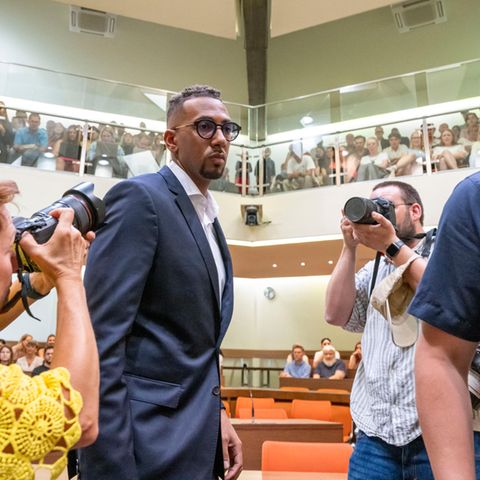In Germany, thousands of patients have to wait a long time for urgently needed donor organs – including kidneys. Can more flexible specifications help to remedy the deficiency?
For many healthy people, organ donation is primarily a question for the time after death. But some organs, such as kidneys, can be removed while they are still alive and can bring longed-for salvation to seriously ill people. A prominent donor was the current Federal President Frank-Walter Steinmeier, who gave his wife Elke Büdenbender a kidney in 2010.
However, there are currently strict requirements for this, and organs are not always suitable. There should therefore be expanded legal rules for kidney donations, as envisaged in a draft from the Federal Ministry of Health by department head Karl Lauterbach (SPD).
Against the background of persistently low numbers of organ donations from deceased people and long waiting times of up to eight years for a kidney transplant, an amendment to the Transplantation Act is necessary, according to the draft that is available to the dpa. The “Stern” first reported about it. The central goal is therefore to expand the circle of donors and recipients.
The number of donor kidneys is not enough
The problem: For a long time, the number of donor kidneys has not been enough to cover the need, as the draft bill explains. Last year, more than 2,600 people registered on the waiting list; according to the Eurotransplant Foundation, 289 patients died while waiting. Without a new donor kidney, patients require complex dialysis treatments.
The existing rules: There are currently strict limits on kidney donations during your lifetime. According to the law, they are only permissible to first or second degree relatives, spouses, registered life partners, fiancées or other people who are “obviously close to donors in a particularly personal way.” Potential donor organs from deceased people also have priority first.
Unsuitable organs: Things become difficult when organ donations are not possible for medical reasons and the kidney could be rejected. For a transplant, factors must match, including a compatible blood group. However, up to 40 percent of kidney donors are incompatible with their intended recipients, according to the draft. Those affected would then only have the option of putting themselves on waiting lists.
More living donations should be possible
New direction: The legal plans should generally make more living donations possible. On the one hand, the requirement that they are only permissible if no organ of a deceased person is available should be lifted. Deviating from the requirements for the “proximity relationship” between donor and recipient, donations from living people should also be possible in two additional constellations.
Cross donations: On the one hand, the transfer of a kidney should be regulated if it is not medically possible between organ donation couples. The kidney does not go to the intended close person, but “crosswise” to a suitable recipient who is also not compatible with a planned close donor. In return, the donor kidney from the other couple goes to the recipient from the first couple. Such combinations can also include more than two pairs.
Extra points for donors if they need a kidney themselves
Anonymous donation: The second new option will be a selfless kidney donation without the person knowing the recipient. The kidney can then go to a mismatched organ donor couple or to someone on the waiting list. The draft states that the placement is only based on medical criteria. This should prevent possible commercialization. These anonymous donations are intended to supplement a planned national “pool” that is intended to identify compatible donors and recipients.
Protection and education: Comprehensive information and advice for donors before donation and individual support in the transplant center throughout the entire process should be regulated. For this purpose, there should be at least one person of trust in the centers. Special protection is required because this is not a healing procedure, but involves risks and often an emotionally stressful situation for donors. Donors should also be considered on the waiting list with extra points if they ever need a kidney themselves.
Source: Stern
I have been working in the news industry for over 6 years, first as a reporter and now as an editor. I have covered politics extensively, and my work has appeared in major newspapers and online news outlets around the world. In addition to my writing, I also contribute regularly to 24 Hours World.




